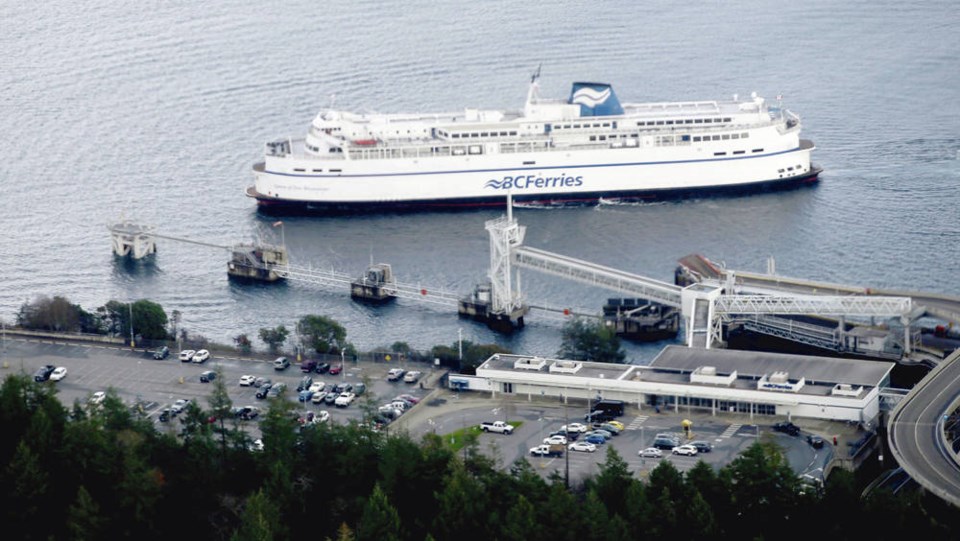With the tourism industry heading into what is expected to be a very bleak winter, Tourism Vancouver Island has decided to focus its energy on pandemic recovery, meaning it has opted out of its contract with the City of Nanaimo to manage the destination marketing of the city.
Tourism Vancouver Island chief executive Anthony Everett said the timing of the decision may seem odd given the industry, which has been devastated by the pandemic, could use all the help it can get, but the organization has been in talks with the city for more than a year about bowing out of the role.
“And now we’re into a pandemic and we are a small organization. At the end of the day it is a very challenging time,” he said, noting Tourism Vancouver Island instead wants to focus on what it’s good at. “And what we’re best at is supporting as many businesses as we can.”
On top of its marketing duties and advocacy on behalf of the industry, Tourism Vancouver Island has been administering the Vancouver Island Coastal Tourism Resiliency Program.
The program, which has hundreds of subscribers, has evolved from helping businesses find recovery resources into a guide for operators to re-open, deal with new safety guidelines and prepare for the long climb to recovery.
Tourism Vancouver Island had been operating Nanaimo’s tourism information centre, and it will continue to do that until new arrangements can be made. The city is undertaking a review of how it deals with tourism.
Everett said it’s actually a good time for Nanaimo to study and develop a model that can effectively market the city and run the visitor centre. He believes it should be run by one organization.
“If you’re going to do [a program review] now is the time, there won’t be a better time,” he said. “Now is the time when everyone is trying to figure out what they are going to do.”
With a new majority government about to take office in the province, the industry sees some stability ahead, which will help it plan.
“It’s helpful to know what the next four years will look like,” Everett said.
Tourism insiders say programs have continued to work through the election campaign, though Walt Judas of the Tourism Industry Association of B.C. said without a minister there has been some delay in decision making.
Judas said while money has been allocated – the industry was to receive more than $100 million in funding announced in September — it hasn’t necessarily started to flow.
“We always anticipated it would take time regardless of an election,” he said.
“We have certainly got the attention of governments at all levels over the plight of the industry … but as we have suggested it is only a start,” he said. “Our priority now is to work with government to ensure that further assistance is provided.”
Paul Nursey, chief executive at Destination Greater Victoria, said he hopes the industry will have a dedicated minister in the new government who is willing to “lead from the front.”
“All governments have recognized the importance of tourism from a revenue perspective, but now all governments are getting to see the impact it has in terms of jobs,” he said.
The provincial tourism industry, which last year accounted for $21.5 billion in combined revenue, employed 166,000 people and provided $1.8 billion in tax revenue.
Nursey stressed that with the good weather gone for a while, the industry is about to get very dark, and most tourism businesses are just hoping to get through the winter.



